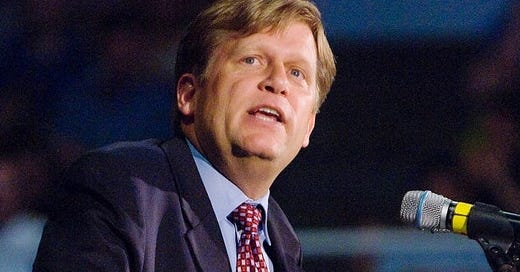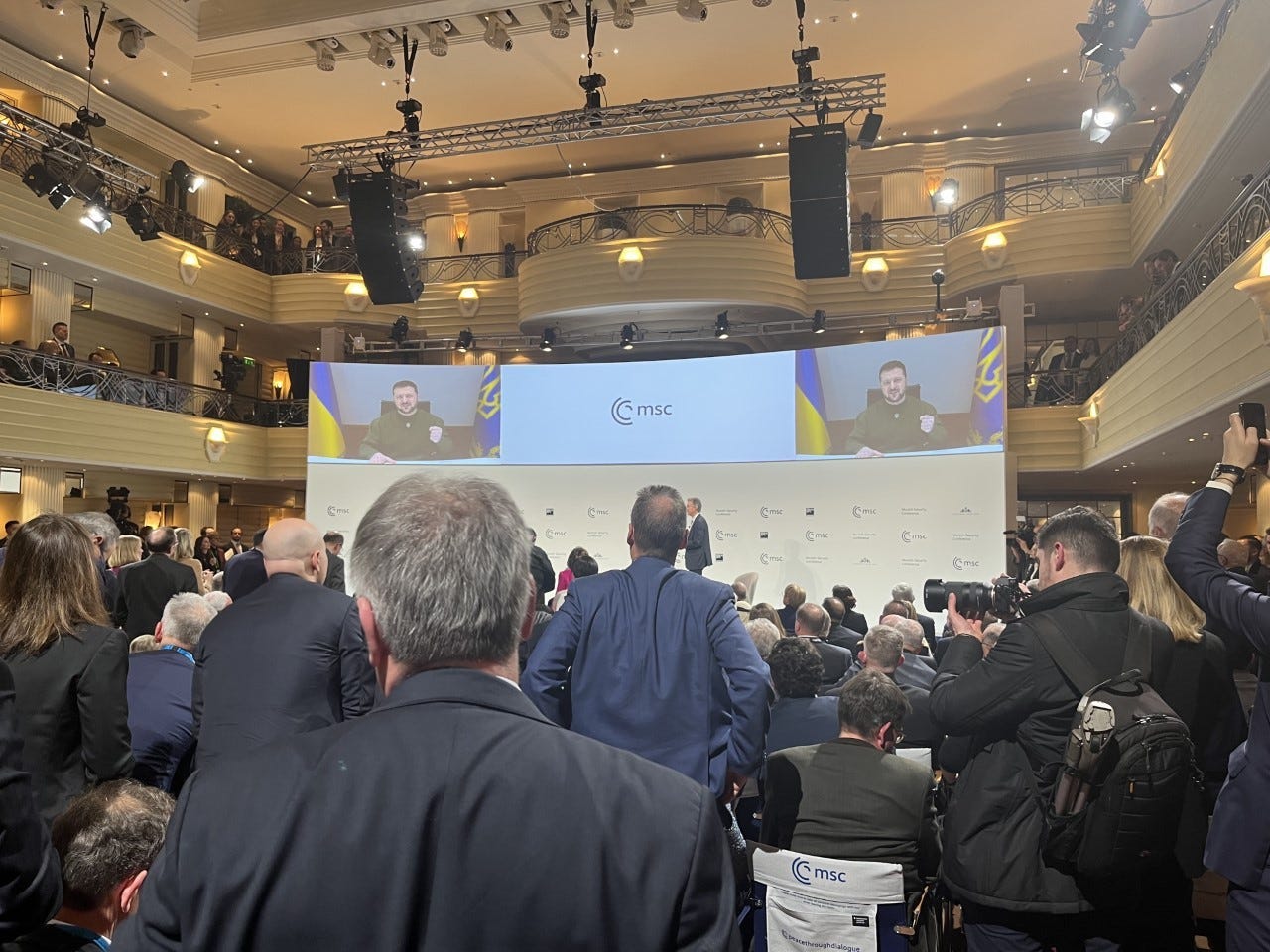Dear friends and colleagues,
Since I left the government in 2014, I have been writing a monthly newsletter sharing my activities and publications. Here is the one I wrote for February 2023! As always, I welcome your feedback!
On February 24, the world marked the first anniversary of Russia’s invasion of Ukraine. While this war actually began in 2014, it escalated dramatically and tragically in 2022. Over the past year, Ukraine’s government, armed forces, and civil society demonstrated immense courage and human dignity in standing up for Ukraine’s right to exist, its peoples, and democratic values at a cost unimaginable to most.
Here at FSI, we as a team and I personally, have been doing what we can to educate our community, country, and the world about the war, as well as offer concrete policy recommendations for how to end the war as soon as possible.


Last week, we hosted two fantastic events to mark the one year of Ukraine’s fight for freedom. We brought together a panel of four high-profile Ukrainian leaders (also all Stanford alums), currently based in Kyiv. Oleksiy Honcharuk, Serhiy Leshchenko, Oleksandra Matviichuk, and Oleksandra Ustinovadiscussed the impact of the war on daily life, global democracy, and Ukraine's future. You can read more about that event and watch the recording here. We also organized a free screening of "Freedom on Fire: Ukraine's Fight for Freedom" by Oscar- and Emmy-nominated director Evgeny Afineevsky. It was a hard but important film to watch. I went home feeling more inspired with only two words left to say: Slava Ukraini!
As a professor in faraway California working at Stanford and outside of government, I often feel helpless in trying to end this war. All I can do is speak and write. So, this month in particular, I did a lot of both.
Leading up to this tragic date, I wrote a series of articles to offer my reflections and ideas for how to move forward. I suggest you read them in this sequence: (1) Ukraine's Successes in the War, (2) Putin Knows He Is Losing (3) Putin’s Luck Ran Out, (4) Are Russians Imperialists? (5) American and Western Successes in Helping Ukraine, (6) Why All Americans Have a Stake in What Happens in Ukraine Next, (7) Preparing for Peace in Ukraine, (8) Biden Needs to “Finish the Job” in Ukraine, and (9) What the West Needs to Do in 2023 to Get a Breakthrough in Ukraine.
On NBC this month, I emphasized the importance of Ukrainian victory to American democracy and European security, commented on Biden’s historic surprise trip to Ukraine, and shared my take on the prospect of China providing lethal aid to Russia. In an interview with The Washington Post, I discussed the strategy of Ukrainian counteroffensive planned for this spring and what kind of weapons Ukraine needs to regain their positions in Crimea. In February, I also joined Katie Couric in a live conversation on Instagram to talk about Putin pulling out of the START treaty. I also joined Chuck Todd’s Meet the Press podcast to discuss Putin’s endgame as well as American support for Ukraine.
Beyond speaking and writing about this war (and trying to finish my book: you can see a preview of the Table of Contents here), this month I travelled to the Munich Security Conference, where I spent most of my time talking to Ukrainians – government officials, mayors, MPs, soldiers, civil society leaders, businesspeople, medics working on the frontlines, journalists, etc. You can read my diary here. In Munich, I was interviewed by a Russian independent media channel, TV Rain, on the future of Russia. You can watch it here.
I continue to coordinate the International Working Group on Russian Sanctions and remain in close contact with my Ukrainian colleagues. In fact, this month, I hosted a dear friend and colleague, Sergiy Leshchenko, on our World Class podcast. Sergiy – an advisor to President Volodymyr Zelenskyy’s chief-of-staff – reported on the situation from inside Ukraine and shared what progress he hopes to see in the coming months. Listen to the episode here!
To stay updated on events, opportunities, and policy recommendations by scholars at the Freeman Spogli Institute for International Studies, please sign up for FSI email blasts and follow us on LinkedIn. As always, feel free to share your comments on the content below and any suggestions for improving this newsletter. To sign up for the newsletter, please click here. And follow me on Twitter at @McFaul. I hope you join us here at FSI and Stanford for the amazing events like the ones we did on February 24.
Sincerely,
Mike







I'd be interested in one or more articles pointing us towards those in government, academia or elsewhere who are looking beyond particular conflicts to the larger picture. Something along these lines...
CLAIM: I'm persuaded that a focus on particular conflicts one by one by one as they arrive will ultimately be a path to failure given that it only takes one geopolitical conflict to spin out of control to bring the game to an end. We may very well successfully manage a number of conflicts such as the war in Ukraine, but it's not credible to me that we will successfully manage them all forever.
QUESTION: If the above is true, then somebody should be asking, how do we break out of this pattern of geopolitical conflict? Who thinks and writes about this?
I agree that this question is very ambitious, and that most people will find it unrealistic. Fair enough. But if my claim above contains any truth, then like it or not, answering this question isn't optional.
To provide an example of what what I'm looking for, I'm making an amateur attempt to address this question in the world peace section of my blog. The particular solution I suggest isn't that important. What I'm hoping to convey is the scale of thinking that the 21st century will require.
If we're going to insist on supercharging the modern world with revolutionary new technologies like nuclear weapons, AI, and genetic engineering, bigger and bigger, faster and faster, the way we think has to undergo revolutionary change too.
Yes, we have to defeat Putin. But more importantly we have to escape his 20th century mindset.